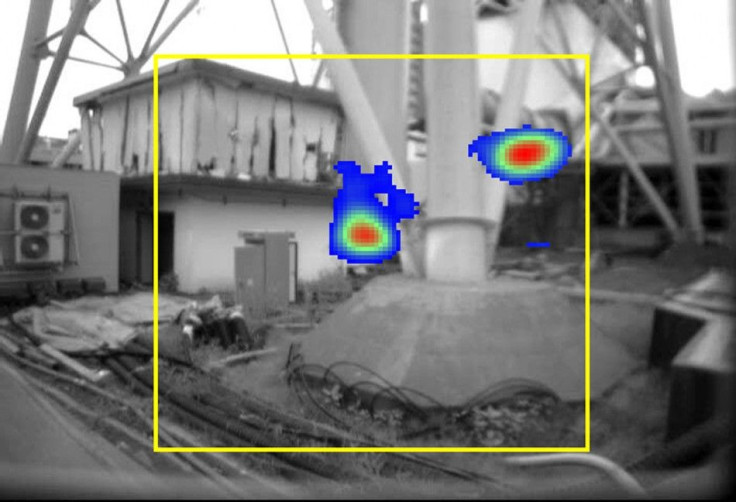Fukushima Aftermath: U.S. Scientists to Test California Fish Kelp for Possible Radioactive Material

U.S. researchers will be fishing California fish kelp off the waters of Malibu to test and determine the levels of radiation they have received from the radioactive material spewed into the ocean waters by the crippled Fukushima nuclear power plant.
According to local newspaper U-T San Diego, an endeavour known as Kelp Project had been launched. Its aim is to study the possible environmental impacts the magnitude 9.0 earthquake and tsunami did on the nuclear power plant in March 2011.
Researchers will take samples off Escondido Beach and near County Line Beach between Feb 24 and March 5.
The kelp won't be hard to come by, U-T San Diego reported, because for the past three years, the fish specie had thrived due to the cooler-than-normal coastal waters.
"We don't know if we're going to find a signal of the radiation. And I personally don't believe it'll represent a health threat if there is one," San Diego State biologist Matt Edwards said. "But it's worth asking whether there's a reason to be concerned about a disaster that occurred on the other side of the planet some time ago."
According to the Agora Cosmopolitan, the California fish kelp acts like a sponge and absorbs most of what is in the water. Acting as a natural dosimeter, it measures an absorbed dose of radiation.
Steve Manley, a Cal State Long Beach biologist who developed the Kelp Project research programme, believes the kelp samples will yield off traces of radiation. But this will only be in small amounts, he said.
What's most important for the study to achieve is to "let the public know what's there," he said.





















